The anti-boomer story
It's not just their fault
The anti-boomer story goes like this:
There was upon a time a happy, functional western civilization.
Then came one generation who voted for a lot of welfare increases.
The same generation also voted for a lot more low skill immigration.
The same generation bought cheap housing which they didn't put a lot of children in, thus blocking future generations from affordable homes near jobs.
The time-line doesn't really work though. The boomers are, strictly speaking, those born in 1946 to 1964. The US immigration law was loosened in 1965, where most of these were too young to vote, being between 1 and 21 years old.
Also, fertility started declining in 1961 (start of end of baby boom) and again in 1970 (many changes).
Housing costs have been increasing for many decades, it's hard to find a time series that goes back further in time.
Also, the tax revenue as function of GDP has not risen.
OK, maybe the story isn't that boomers screwed everything up. However, it is true that the prior generations screwed everything up. The low fertility rate combined with a welfare state means that society the economic system becomes a pyramid scheme. The new generations must provide enough tax revenue from workers to pay for the pensions and healthcare of the older generations. The older generations become steadily larger as a fraction of the population due to the low fertility rate and improvements in longevity.
When the government doesn't have enough money, it burrows it. Government debt goes up and up.
Even just paying the interest on the debt is now the same spending as the military.
To offset this fertility and hence old age dependency problem, one can import new people. However, if these people are not as productive as the old people, the solution doesn't work as well.
Of course, some of the non-Whites are high tier Asians, Indians etc. but most are below current average Latinos.
And in any case, when these migrants' descendants' fertility converge with the local fertility, the problem will appear anew, and a new even larger wave of migrants are needed, in perpetuity.
Is there a solution? In writing fiction, it is generally considered a bad solution to a plot hole. Suddenly, a new technology, magic, or some other miracle appears that solves everything. Deus ex machina. What could solve the above financial problem? It's not unique to the USA.
It is, in fact, not even the worst in USA because USA has imported so many new people and had relatively high fertility rates compare to other western countries. Well, the only thing that could conceivable save this situation is a huge increase in productivity of the new generation, unseen ever before. What could possibly cause this? We know productivity mostly is a function of cultural evolution, standing on the shoulder of the giants of the prior generation, and the technological accumulation from this, plus of course human capital. How could we get a sudden influx of one of these? Right, of course, artificial intelligence. The perfect deus ex machina, almost literally. AI will come in, supercharge technological development, produce near-free labor, which enables welfare for the remaining now mostly economically redundant humans (universal basic income), and everybody lives happily ever after.
It sounds a quite a lot too good to be true. It would be the most stunning technological rescue of any time in human history. I can't say that this won't happen given current AI development rates, but it was certainly not a wise gamble in the 1980s with ~1.5 fertility to hope that in the future near-magic technology would be invented causing so much technological growth that one could entirely ignore the fundamental economic problem of the welfare state pyramid scheme. We can't really blame boomers for this problem, or any other single 'generation', but we can blame our recent ancestors for getting us into this problem. Aside from praying for AI gods, is there any hope? Fertility is declining so fast pretty much everywhere now that soon every welfare state on the planet will have the same problem. Macao has reached a depressive rate of 0.57 child per woman, about a quarter of the needed rate. But many others are not so far away. Chile, for instance, has almost caught up with South Korea, with an estimated 0.88 children/woman in 2024.



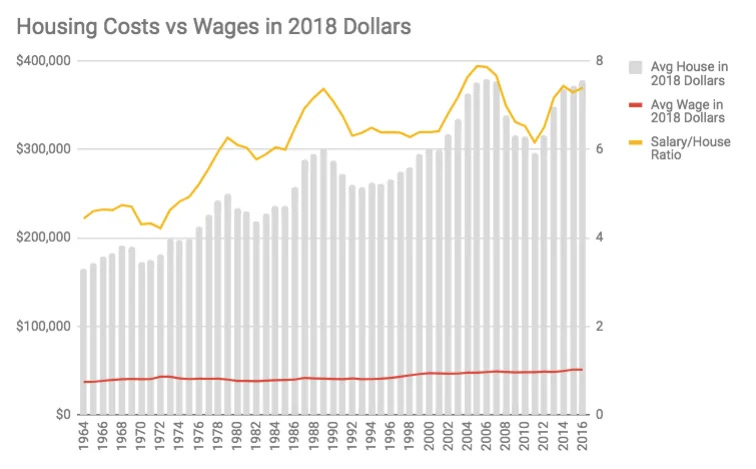
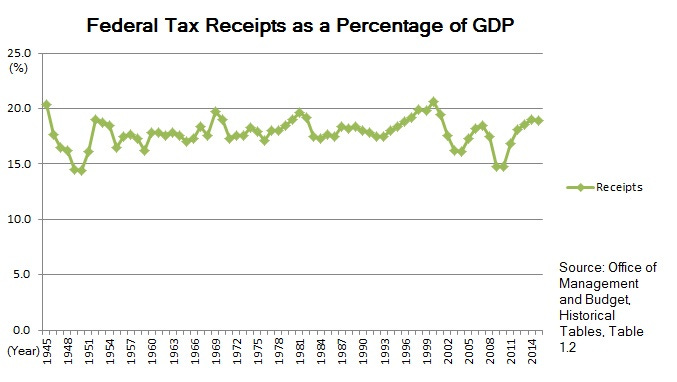
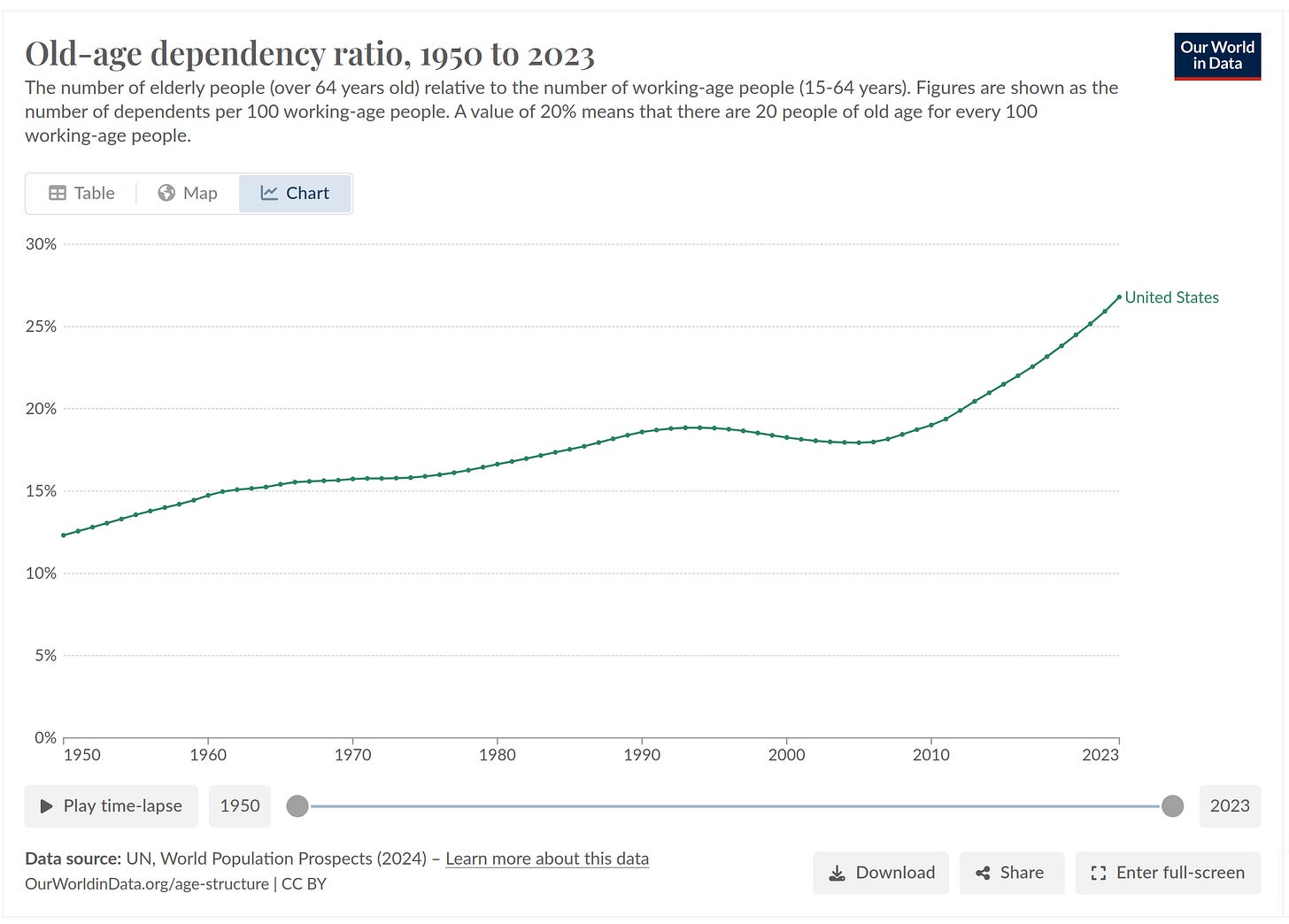
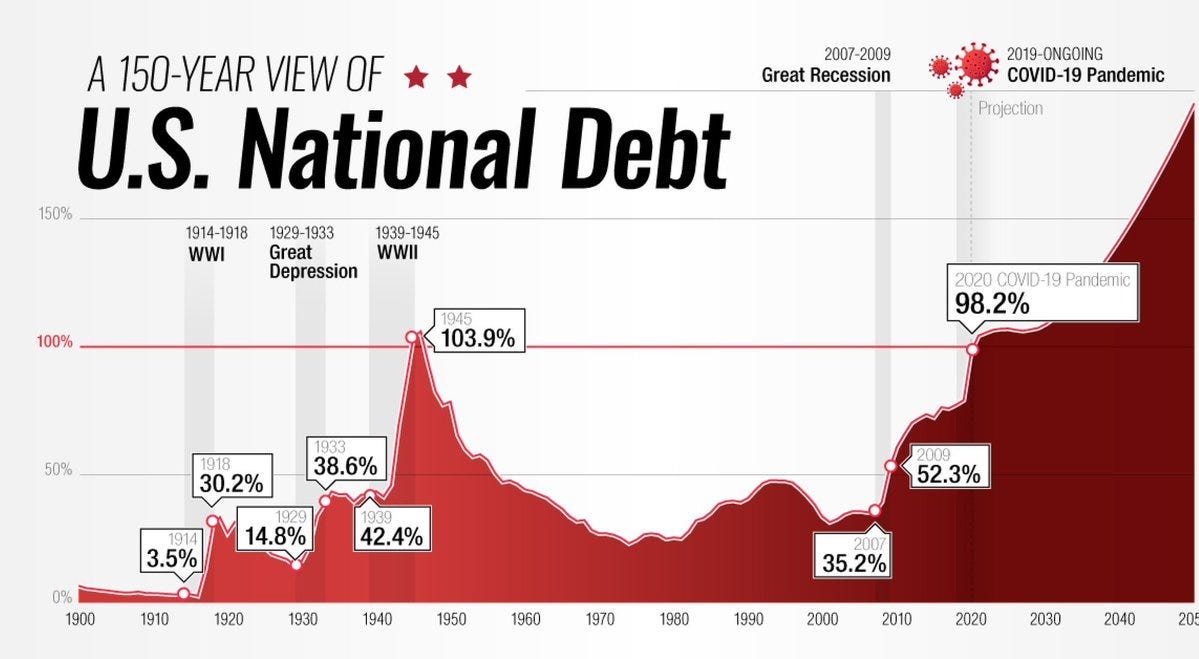
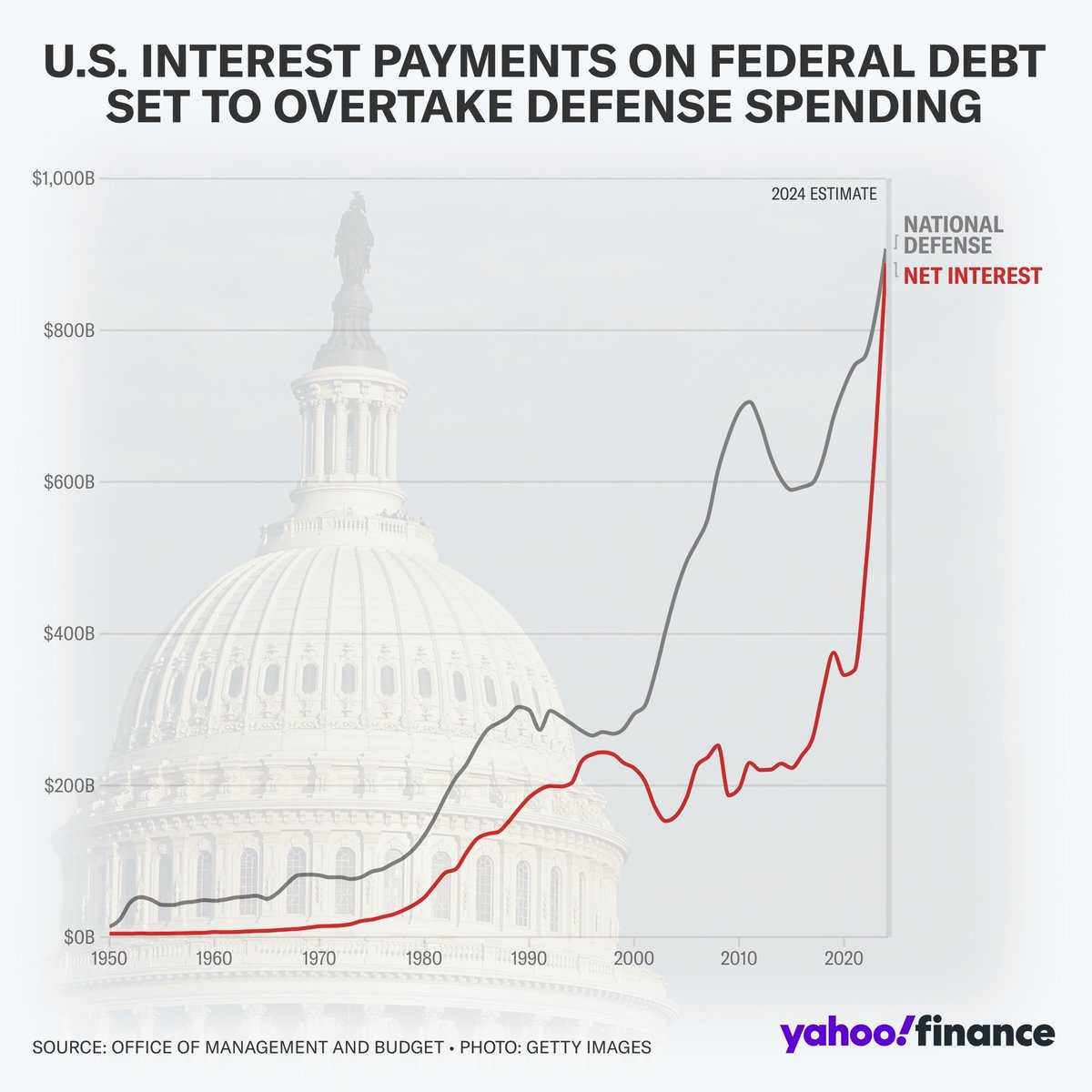

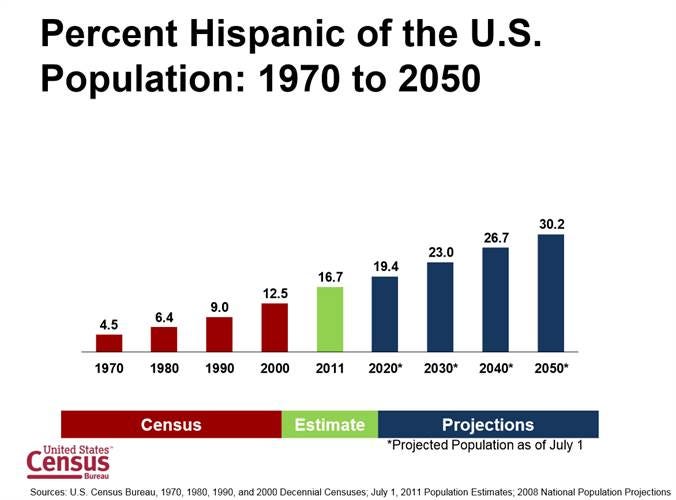
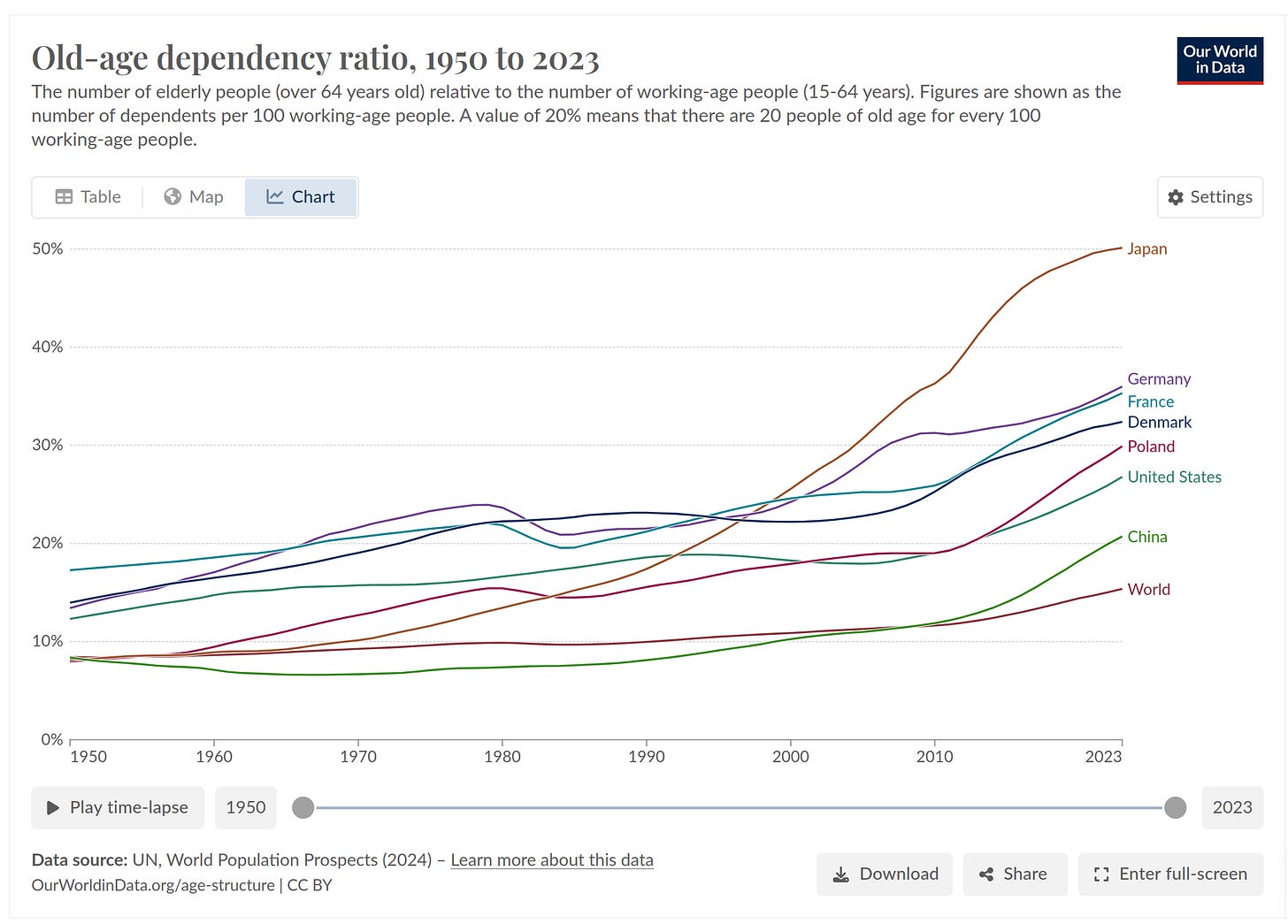

Great post. Emil seems to have been writing more posts recently and this has become one of my favourite Substacks. I loved the comparison with writing fiction and the temptation that must be resisted to write, '...and then a miracle happens...' That's just cheating. Yet perhaps magic really will come to our rescue in the form of AI. Then the economy won't need any children and all of us can die childless with a clear conscience.
Unfortunately I'm one of those very average IQ people who never learnt to do Maths, so the math-y posts go over my head. But I love the rest of it. And I do understand that the Maths is necessary to really understand things properly and sort the truth from the lies. It's just that I'm happy to read the conclusions rather than try to understand the workings-out.
Trigger warning: some aspects of "elder care" are unpleasant and may offend the squeamish.
I will use the term or euphemism "senior" to refer to "old person". The group "old people" consists of boomers and also people/generations older yet. But many of those "older senior" folks will have died off before some of these consequences have played themselves out; say beginning in another 10 years or so. Another way of saying this is, persons who are now 10 or fewer years away from their own deaths, are going to be more or less served by systems currently in place.
The real-world part has a "solution" or outcome to this problem of "too many old people, not enough young people" that appears simple, inevitable/unavoidable, and sort of semi-terrible. It amounts to "work till you die" or slightly more pleasantly stated "seniors doin' it for themselves" (repurposing Annie Lennox's "Sisters are doin' it for themselves").
The idea, or scheme, of working some number of decades, and then retiring and letting younger people do all the work for you, support you, is pretty clearly not going to play out in the same way that we might have imagined, or hoped.
I live in an area with brain drain (currently and historically, nearly every place on earth suffers from brain drain except for a relatively-very-few hotspots that are attractants) and this also amounts to "youth drain." My area is (fantastically) beautiful here but winters are hard. A guy involved in the local senior community (he's old himself) makes the following point: "No matter how much money you have in the bank, no matter how great your long-term-care insurance might be, if the young people simply aren't here, then you're simply not gonna get the care." He refers in part to end-of-life care and/or "assisted living" but the principle applies more broadly.
Many of my peers are retired now, but a relative of mine who is of retirement age, with limited means, works 4 days per week, plus lives alone so takes care of household chores, etc. Any "vacations" are trips - day trips or longer - to and subsidized by children. There really isn't a brighter alternative for this person in the future. I'm not sure what will happen as time goes on but the general outline, or rather-small-set of possible outcomes, is/are kind of clear to anyone. None of it much resembles any vision of "golden years" or relaxing in an easy retirement.
In other words, for a whole lot of people, "retirement" is going to involve a lot more work than one might prefer, or have imagined.
Technology can help. People talk of AI chatbots and/or robotic pets such as are apparently working out well in Japan. Simpler things like stair assists and Roomba floor cleaners will make a difference. Cooking for oneself instead of going out to a restaurant is an obvious way to address the imbalance of ages - as a result of fewer young waiters and waitresses, this seems inevitable.
But, rather than "just give up eating anything other than what you cook for yourself", alternatives or ways of compensating would be for seniors to invite each other over for dinner, participate in potlucks, perhaps even deliver each other meals. I had a thing going on like that with another senior friend (weekly shared dinners), which arrangement lasted a couple of years and worked out very nicely.
When it comes to the harder, and more unpleasant care, ranging from podiatric care to bedpan-changing and dealing with other excreta, well, I just don't see a lot of alternative. People in their 60s and 70s and 80s are - this seems unavoidable - going to have to help people in their 80s and 90s. The brute physical tasks like lifting a person out of bed, would have to be done by folks fairly fit, but this doesn't have to be a strapping man in his 30s. I'm pushing 70 but am still strong - quite able to lift, for example, a small frail elderly woman, carry her out to a car even, if I had to. Will I still be able to do that when I'm 80? I don't know, but with wheelchair ramps and hospital beds and gurneys - plus minivans and/or equivalent functionality - a lot can be accomplished.
Who lifts the obese person who weighs, say, 180 kg/400 lbs? Well, and what a weird coincidence like Emil points out in his article - we have a solution for that that just appeared on the scene "in the nick of time" - the new drugs with weird names like Mounjaro, Ozempic, Wegovy, Zepbound, who in the heck comes up with these names?
Really it's just a matter of adjustment. People rail against the younger generations for feeling entitled. So for example, being a college student nowadays certainly is different from what it used to be. And multitudes of employers attest to the widespread - though not at all universal - lack of diligence, responsibility, work ethic among the young).
Others rail against the old who feel entitled to slacking off in their "golden years" and basically being treated splendidly while doing nothing themselves.
I think we're all just going to have to get used to the idea that we're going to have to work a littler harder, take on a little more responsibility, put up with a little more unpleasantness, than we had imagined or might prefer. We have a lot of tools and will one way or another (have to) adapt to the changed circumstances.
The economics part - about national debt, seems intractable. Eventually "too many (paper) dollars relative to too few goods" means, prices must shift dramatically - say, going up by a factor of four. Also the United States has a terrible debt load; a history professor once taught me that 1) "debtors love inflation" and 2) the biggest debtor in the world, was the U.S. government. That was a long time ago and it's still the case. China holds a lot of U.S. debt - I hope we (I'm American) don't get to a war with China but if anything like that happened, including perhaps a "trade war", the U.S. could just cancel that debt. "I'm not gonna pay ya - go suck wind." Refusing to pay one's debts is commonly considered taboo on the international scene 'cause it'd blow up confidence in the U.S. government. Meaning nobody'd want to buy U.S. Treasury bonds any more. I get that, but if the damage were limited to one particular party/entity (China) perhaps the trick could be pulled off.
Of course this could also happen semi-automatically. Civil war in China's a distinct possibility. If the Sovereign Wealth Fund of the People's Republic of China (PRC) holds some billions of American debt/T-bills (I don't know the right terminology - sorry) and then the PRC ceases to exist, well, the temptation is obvious. Maybe this seems like a ridiculous scenario but it resembles others I've seen come to pass. For example I had some audio CDs of music performances by Czechoslovakian orchestras and performers - the copyright was held by the Czechoslovakian government. If I decided to give away - or for that matter even sell - copies of those CDs, who would be the entity that'd come after me?
/ramble